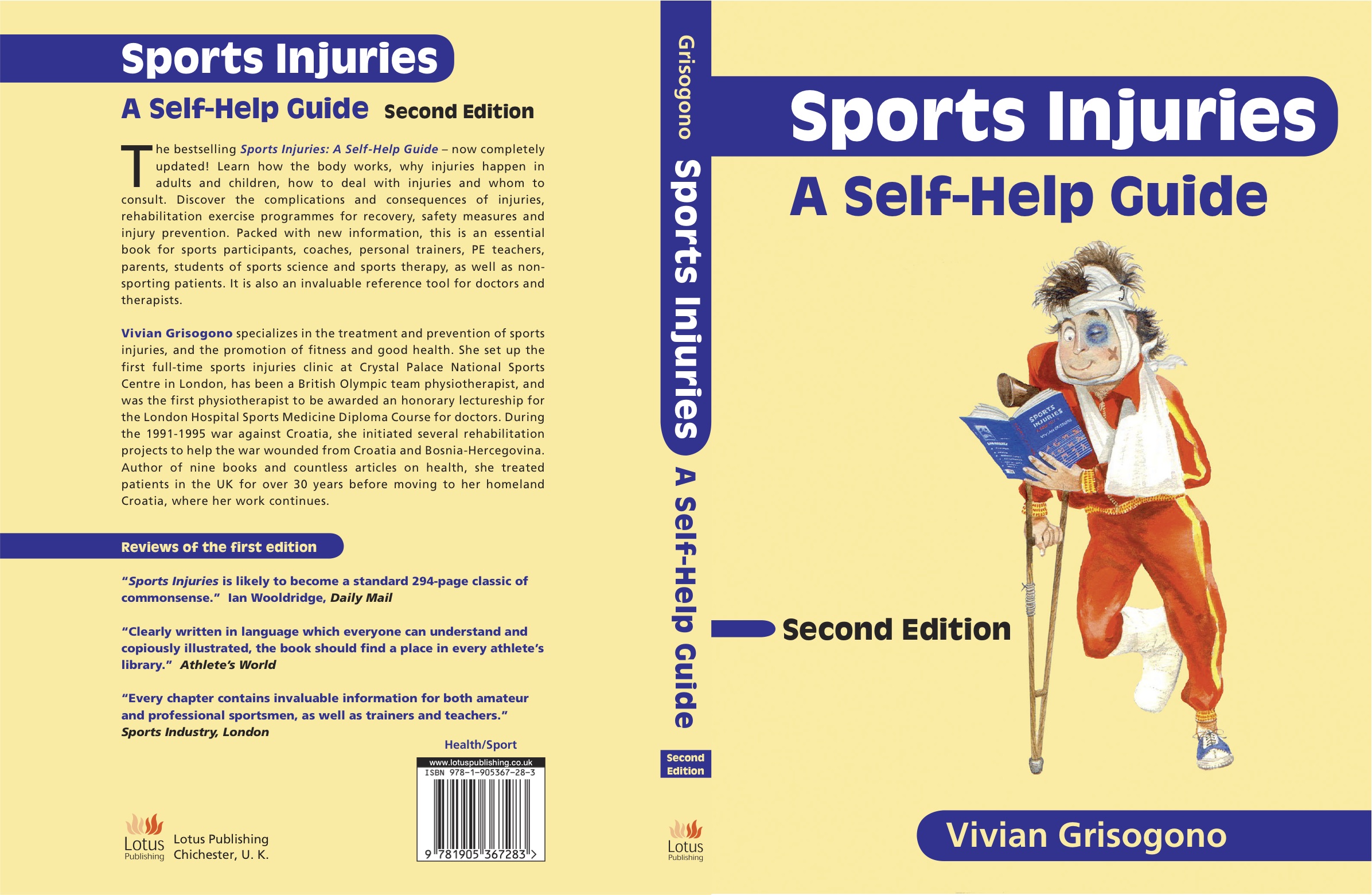Vivian Grisogono - Notices
Research published between 2013 and 2014 again points out the dangers of eating excess salt, this time showing definite links with auto-immune diseases including multiple sclerosis and rheumatoid artthritis.
There is ongoing debate about whether salt in our diet is dangerous for health. Research published in 2009 suggested that for healthy people it is not.
A 22-year-old fitness instructor, David Rogers, died in Charing Cross Hospital, Fulham, the morning after the 2007 London Marathon. He collapsed after completing the race in 3 hours 50 minutes, a good time for a first marathon. His was the ninth death connected with the event since it was first held in 1981.
At the end of March 2007, Dr Shelley Minteer presented research to the American Chemical Society Conference in Chicago, demonstrating that a viable battery powered by sugar could be available for general use within five years.
Interesting article on the
benefits of drinking water, and specifically where you mentioned your mother's experience since our aunt who suffers from incontinence had to go into hospital because everyone thought she was losing it. Obviously with her condition she had not been drinking, so she made a very quick and miraculous recovery once they started to get liquids, particularly water inside her.
Rod, UK, by e-mail 5.2.2007
On 24th March 2007, the UK press reported a study by researchers from Aberdeen University, which showed that rice cultivated on former cotton fields in the USA’s south central states, Arkansas, Louisiana, Mississippi, Missouri and Texas, contained high levels of arsenic, up to five times higher than arsenic levels in rice samples from California and other parts of the world. These raised levels gave rise to worries about increased risks of bladder and lung cancer.
I trust that you are enjoying life on your Croatian island.....2 years on, I thought it was time to let you know that my body is still holding together! Proof of this is that I won the World Masters Squash Over 65 in Cape Town in October:-
Women's football has been rising in popularity for participants and spectators alike since the Football Association lifted its ban on the game, which had been instituted in 1921. The ban was odd, founded on the supposition that football was unsuitable for females - despite the resounding successes of female players during and after the First World War, when crowds attracted to major games numbered over 50,000 at their peak. It has taken 100 years for women's football to attract similar numbers.
At last! Realization that patients are individuals and not numbers. This should be the underlying premise for all medical research. Medicine has always depended on empirical evidence far more than statistical studies. Many advances in medicine have happened by chance, fuelled by experience in practice.

